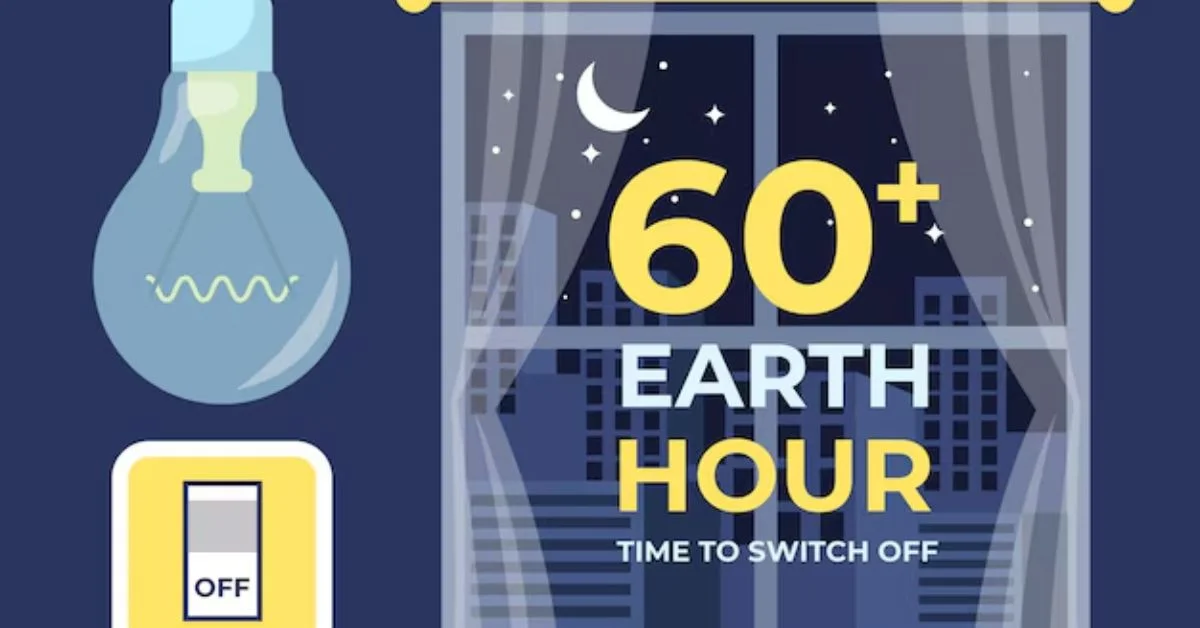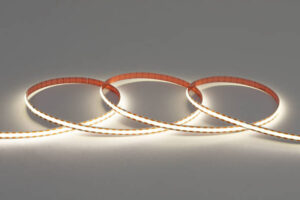Reducing energy waste isn’t just about saving money—it’s also about preserving the environment and contributing to a sustainable future. However, many of us unknowingly engage in everyday habits that waste energy, increasing utility bills and leaving a larger carbon footprint.
Breaking these energy-wasting habits doesn’t require significant effort or expense. In fact, with small changes, you can make a big difference. Here are 8 energy-wasting habits you need to break today and tips to adopt smarter, energy-saving practices.
1. Leaving Lights On When Not in Use
The Habit: Forgetting to turn off lights when leaving a room wastes electricity unnecessarily, especially if incandescent or halogen bulbs are in use.
Why It’s Wasteful: Lighting can account for a significant portion of your energy use, particularly in homes with multiple light fixtures left running.
Break the Habit:
- Switch to LED Bulbs: LED bulbs use up to 75% less energy and last longer than traditional incandescent bulbs.
- Install Motion Sensors or Timers: These automatically turn off lights in empty rooms.
- Develop a Routine: Make it a habit to turn off lights every time you leave a room.
2. Overusing Heating or Cooling Systems
The Habit: Running your heating or air conditioning at full blast, even when it’s not necessary, can significantly drive up energy use.
Why It’s Wasteful: Heating and cooling are often the largest contributors to home energy bills, especially when systems are used inefficiently.
Break the Habit:
- Use a Programmable Thermostat: Set temperatures lower in winter and higher in summer when you’re not at home.
- Seal Drafts: Use weatherstripping around doors and windows to prevent air leaks.
- Dress for the Season: Wear layers in winter or lighter clothing in summer to rely less on your HVAC system.
3. Keeping Electronics Plugged in All the Time
The Habit: Leaving chargers, appliances, and devices plugged in even when they’re not in use.
Why It’s Wasteful: Many devices draw power even when turned off, a phenomenon known as phantom energy or vampire power.
Break the Habit:
- Unplug Devices: Unplug chargers, toasters, and other small appliances when not in use.
- Use Smart Power Strips: These automatically cut power to devices that aren’t actively being used.
- Charge Wisely: Avoid leaving devices like phones or laptops plugged in overnight.
4. Running Half-Full Loads of Laundry or Dishes
The Habit: Frequently running washing machines or dishwashers with only a small load.
Why It’s Wasteful: Washing partial loads uses the same amount of water and energy as a full load, leading to unnecessary waste.
Break the Habit:
- Wait for Full Loads: Only run your dishwasher or washing machine when they’re full.
- Use Energy-Efficient Settings: Most appliances have eco or energy-saving modes that use less water and electricity.
- Air Dry: Skip the drying cycle and air-dry dishes or clothes when possible.
5. Using Outdated Appliances
The Habit: Holding onto older appliances that consume significantly more energy than modern, energy-efficient models.
Why It’s Wasteful: Older appliances were not designed with today’s energy-saving standards, leading to higher electricity usage.
Break the Habit:
- Upgrade to Energy Star Appliances: Look for the Energy Star label when replacing appliances, as these models use less energy.
- Prioritize High-Use Items: Replace refrigerators, washing machines, and air conditioners first, as they consume the most energy.
- Recycle Old Appliances: Many utility companies offer rebates or recycling programs for outdated appliances.
6. Ignoring Drafts and Poor Insulation
The Habit: Neglecting to seal drafts around doors and windows or failing to upgrade insulation.
Why It’s Wasteful: Drafts allow warm or cool air to escape, forcing your heating or cooling system to work harder.
Break the Habit:
- Seal Drafts: Use caulking or weatherstripping to close gaps around doors and windows.
- Upgrade Insulation: Insulate walls, attics, and basements to reduce energy loss.
- Close Curtains or Blinds: This adds an extra layer of insulation, especially during extreme weather.
7. Heating Water Unnecessarily
The Habit: Overheating water in the shower, washing machine, or kitchen sink.
Why It’s Wasteful: Heating water accounts for a significant portion of home energy use, and using excessively hot water increases energy bills.
Break the Habit:
- Lower the Water Heater Temperature: Set your water heater to 120°F (49°C) to save energy without compromising comfort.
- Wash Clothes in Cold Water: Cold water is just as effective for most laundry loads and saves energy.
- Take Shorter Showers: Reducing shower time cuts down on water and energy use.
8. Using Inefficient Lighting Outdoors
The Habit: Leaving outdoor lights on all night or using high-wattage bulbs for exterior lighting.
Why It’s Wasteful: Outdoor lighting consumes energy unnecessarily, especially when left on during daylight hours.
Break the Habit:
- Install Motion-Sensor Lights: These turn on only when movement is detected, saving energy.
- Use Solar-Powered Lights: Solar lights harness energy from the sun, reducing electricity usage.
- Set Timers: Program outdoor lights to turn off during daylight hours.
The Benefits of Breaking Energy-Wasting Habits
Making small changes to reduce energy waste can have significant benefits:
- Lower Utility Bills: Efficient energy use reduces monthly expenses and helps homeowners better understand their energy options. Reading resources like constellation energy reviews can provide insights into reliable energy providers and services, helping you make informed decisions about energy efficiency.
- Environmental Impact: Conserving energy helps reduce your carbon footprint.
- Improved Comfort: A well-maintained, energy-efficient home is more comfortable year-round.
- Increased Longevity: Upgrading appliances and reducing overuse can extend the lifespan of your home systems.
Final Thoughts: Start Saving Energy Today
Breaking energy-wasting habits doesn’t require drastic lifestyle changes. By making small, intentional adjustments, you can save money, conserve energy, and make your home more sustainable. Start with one or two habits from this list and build from there. Over time, these small changes can lead to a significant impact on your energy consumption and your wallet.
For more information,click here.









